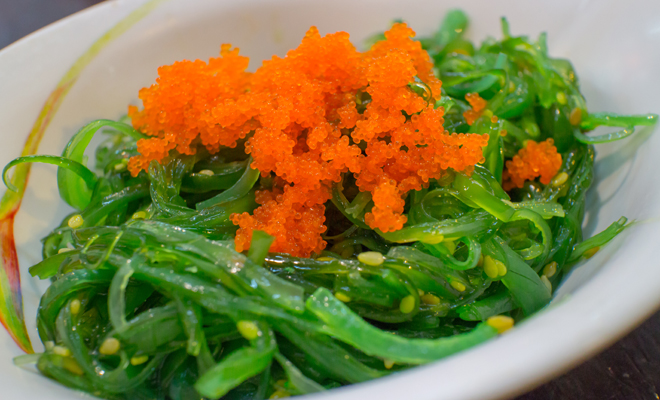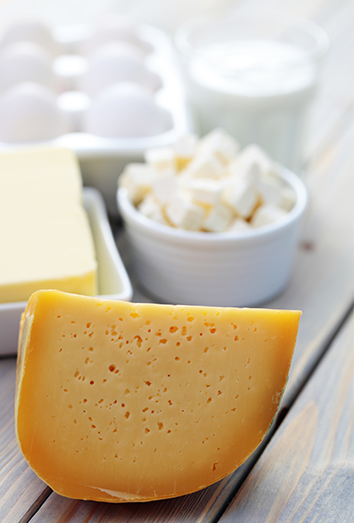Seaweed is some healthy food rich in vitamins and minerals, which is why they are a good option to include in our diet. Algae revitalize our body due to its contribution of basic nutrients, because they not only help us maintain good health, but they are also very appetizing and can be consumed in different preparations, both in food and in drinks. Learn about the benefits of seaweed and start including it in your daily menus. 
The benefits of seaweed
- Easily digestible proteins: this type of nutrient can vary according to the type of algae species, according to the season of the year and the place of growth. Proteins contain a large amount of amino acids that are easy to digest, also they do not contain cholesterol or saturated fats, as occurs with proteins of animal origin.
- Carbohydrates and fiber: in the case of algae, they contain very little amount of carbohydrates and sugars, therefore, they do not increase blood glucose levels and are suitable for diabetics. In addition, they are rich in fibers that help improve digestion, especially for those who suffer from constipation.
- Polyunsaturated fatty acids: algae contain very good quality fats (polyunsaturated fatty acids), which help reduce cholesterol by preventing the formation of atherosclerotic plaques. They also help reduce hypertension, improve the immune system, and have anti-inflammatory effects.
- Vitamins: algae are rich in vitamins C, E, provitamin A or beta-carotene and complex B. It should be noted that algae contain very little amount of vitamin B12, rather, they contain molecules similar to vitamin B12 but they are not active, therefore we cannot consider them as a source of this vitamin.
- Minerals: algae contain minerals such as calcium, magnesium, phosphorus, sodium, potassium and iron, but the mineral that stands out the most is iodine, which when consumed in excess leads to problems with the thyroid gland, so it is recommended not to consume in large quantities, especially the wakame, sea spaghetti, kombu, dulse, nori and sea lettuce.
- Chlorophyll: the nutritional properties that chlorophyll provides and that we can highlight are antioxidants and vitamins.
- Absence of heavy metals: one of the issues that worry about algae is its heavy metal content, it seems that some studies confirm that its content is low due to the presence of polysaccharides present in algae.
How to prepare the seaweed?
Seaweed is very easy to prepare: we can incorporate it into drinks such as gazpacho, soups, creams, and smoothies. They can also be used in different preparations such as salads, breads, combined with brown rice, whole-grain pasta and legumes. In addition, they can be incorporated as condiments in salads or stews.
Recommendations for the consumption of seaweed
- Remember that seaweed is not a panacea as they often want to sell us, it is another type of food that we can include in a healthy diet.
- If you don’t like them, don’t worry, you can combine other plant foods that will provide you with the same nutrients that algae provide.
- And, most importantly, do not forget that they do not contain vitamin B12; and that it is not ideal to consume them daily, due to their high iodine content, which can be harmful to the thyroid gland.



